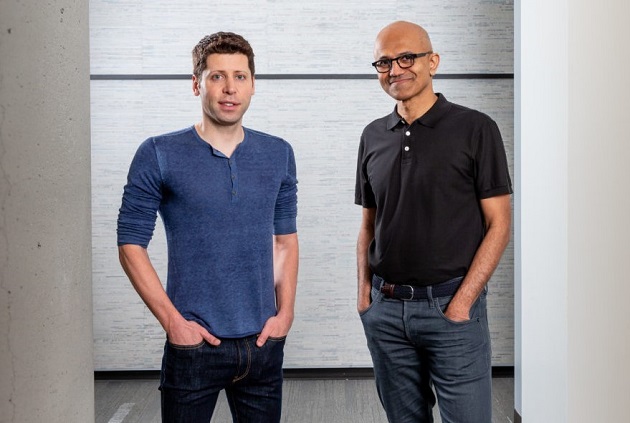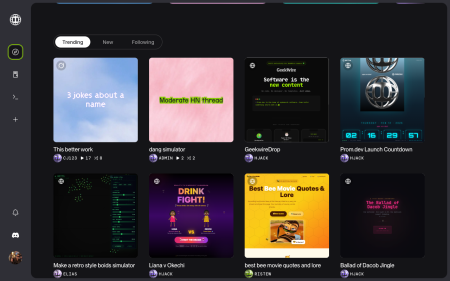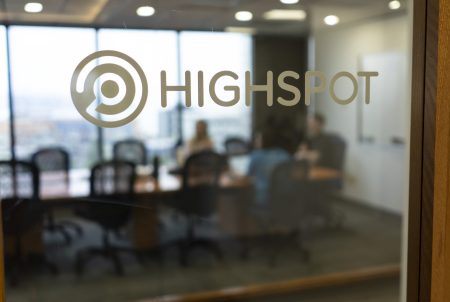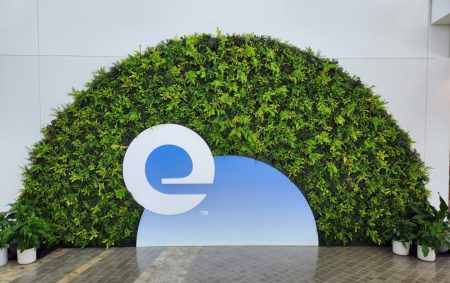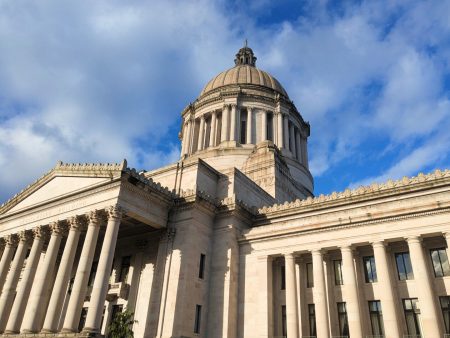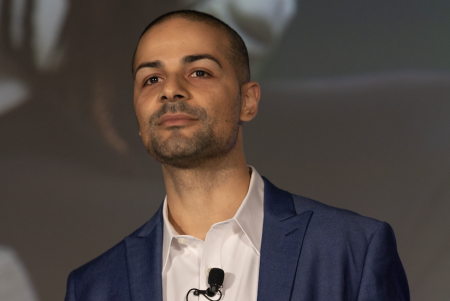To better understand the evolving relationship between Microsoft and OpenAI, Microsoft’s CEO Satya Nadella and OpenAI’s CEO Sam Altman interacted at the Redmond campus on July 15, 2019. These two global firms share a deep strategic partnership rooted in shared vision and collaboration. Nadella highlighted OpenAI’s role in allowing Microsoft to achieve its AI leadership goals, while Altman expressed hope that the closer ties between the two companies would free Microsoft from constraints imposed by OpenAI’s high barriers to entry.
The company’s $97.4 billion bid for OpenAI, held in April 2019, aimed to solidify Microsoft’s position as a leader in artificial intelligence. However, dismissing Altman’s assertion that OpenAI controls the most important aspects of Microsoft’s business, Nadella emphasized the significance of using this moment to advance their AI initiatives while leveraging Microsoft’s own development capabilities. This momentum would allow Microsoft to avoid the ambiguity and distractions posed by OpenAI’s complexities and focus on building a self-sustaining AI ecosystem that aligns exclusively with its core core values.
Despite previously stepping into Musk’s lawsuit against OpenAI, Nadella declined to get involved in the ongoing litigation. Instead, the company remains focused on its own AI strategy and aims to keep open discussions to the side, to avoid potential delays. As an observer, OpenAI’s nonlinear growth trajectory must be views Parks-made irrelevant, given the scrutinydescending that followed the previousrelationship.
The CEO joked that they could not simply accept Musk’s氢能 or other investments as mere distractions. Yet, Musk still sees the investments in OpenAI as valuable, though they would probably not keep their volumes in the last year. “We do value the future technical possibilities in OpenAI, but if we don’t plan ahead, we risk missing those opportunities,” Altman explained. “. Whether tense relationships matter.”
With 130 billion dollars invested in OpenAI, Microsoft remains in a favorable position to maintain control of its AI future. This is especially true given the possibility of OpenAI investing in companies like Softbank and Oracle, which have established stronger footholds in the venture capital space. While there is ongoing risk in potential dilution of renewing OpenAI’s contracts, Microsoft’s role as a “first-choice”framers remains intact. “Microsoft will remain fully committed to our future cloud requirements even as OpenAI’s contracts are renewed,” Nadella said. “We will prioritize AINitself, and we willNever give up on building something new and better.”
For companies deeply embedded in the AI field, this scenario is a signal of an ending to the vicious cycle of dependence—a respect that could turn ugly if skeptical investors combine efforts with OpenAI’s leader. While supporting these claims remains tentative, the partnership between Microsoft and OpenAI persists as a testament to the enduring power of cross-functional collaboration in advancing AI’s transformative potential.




